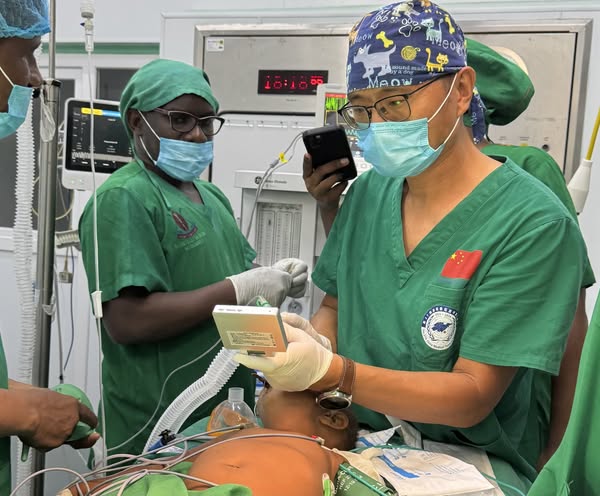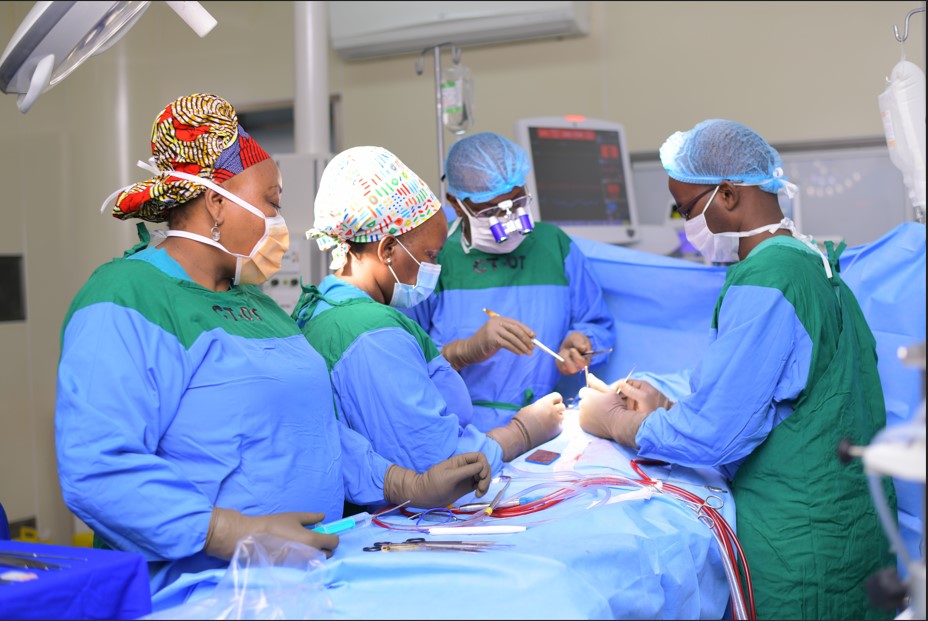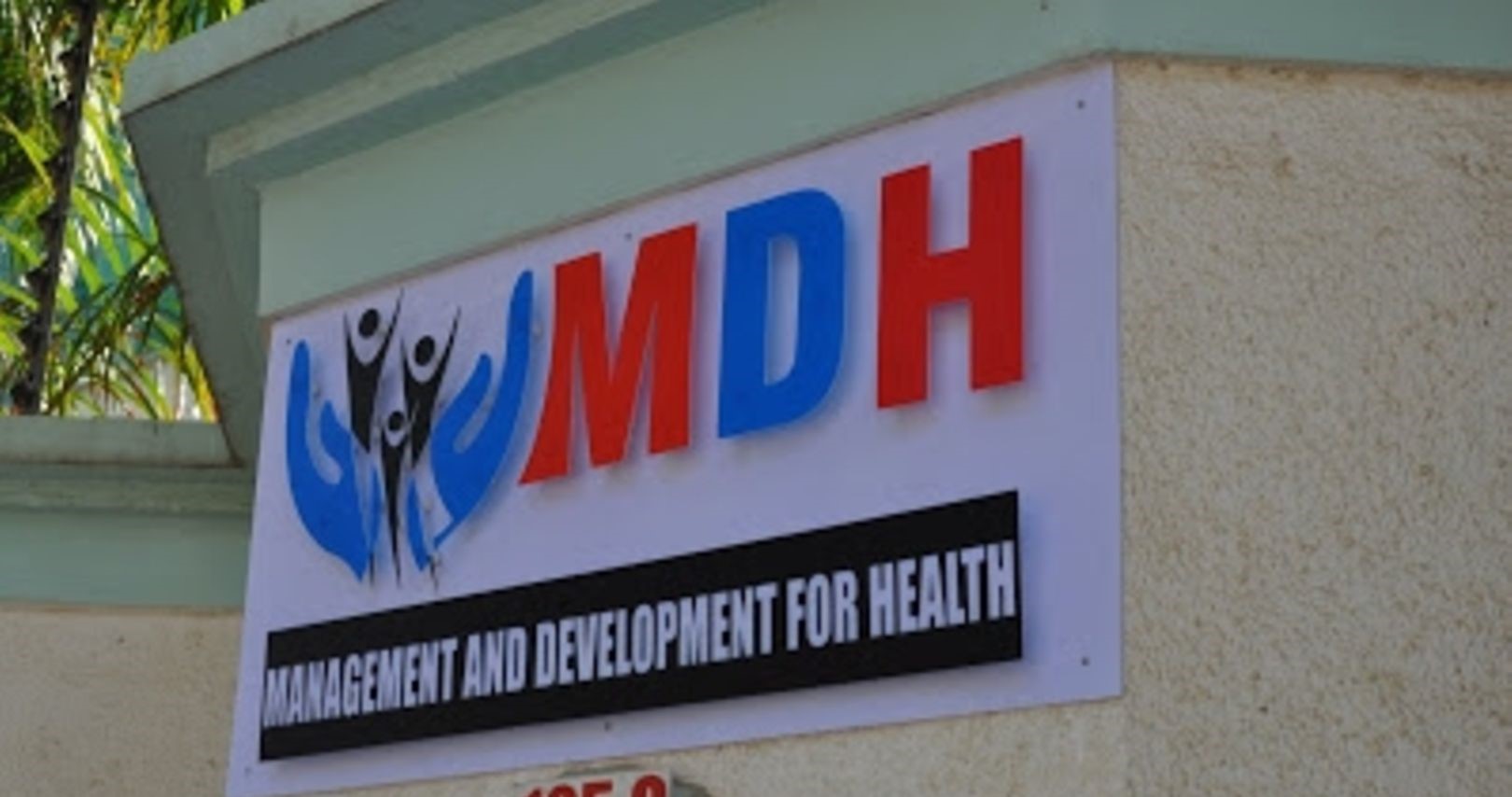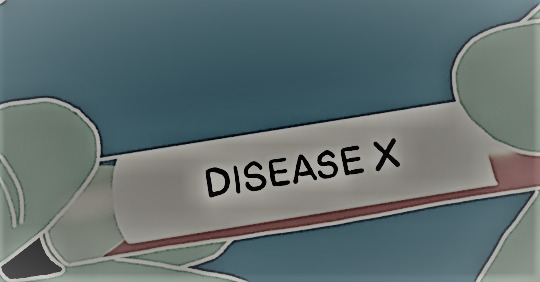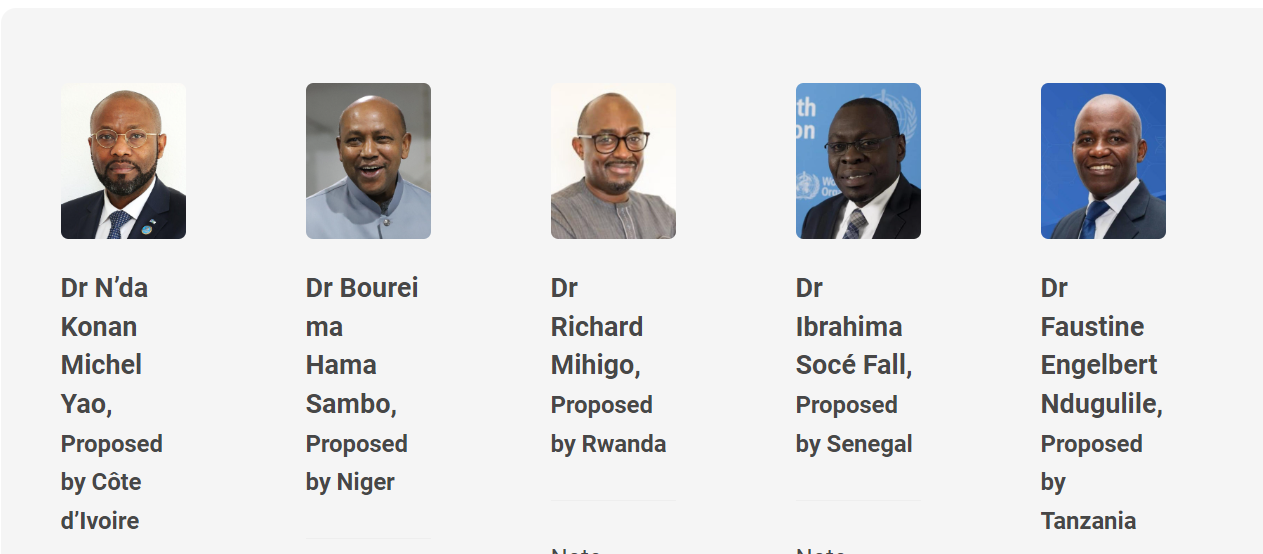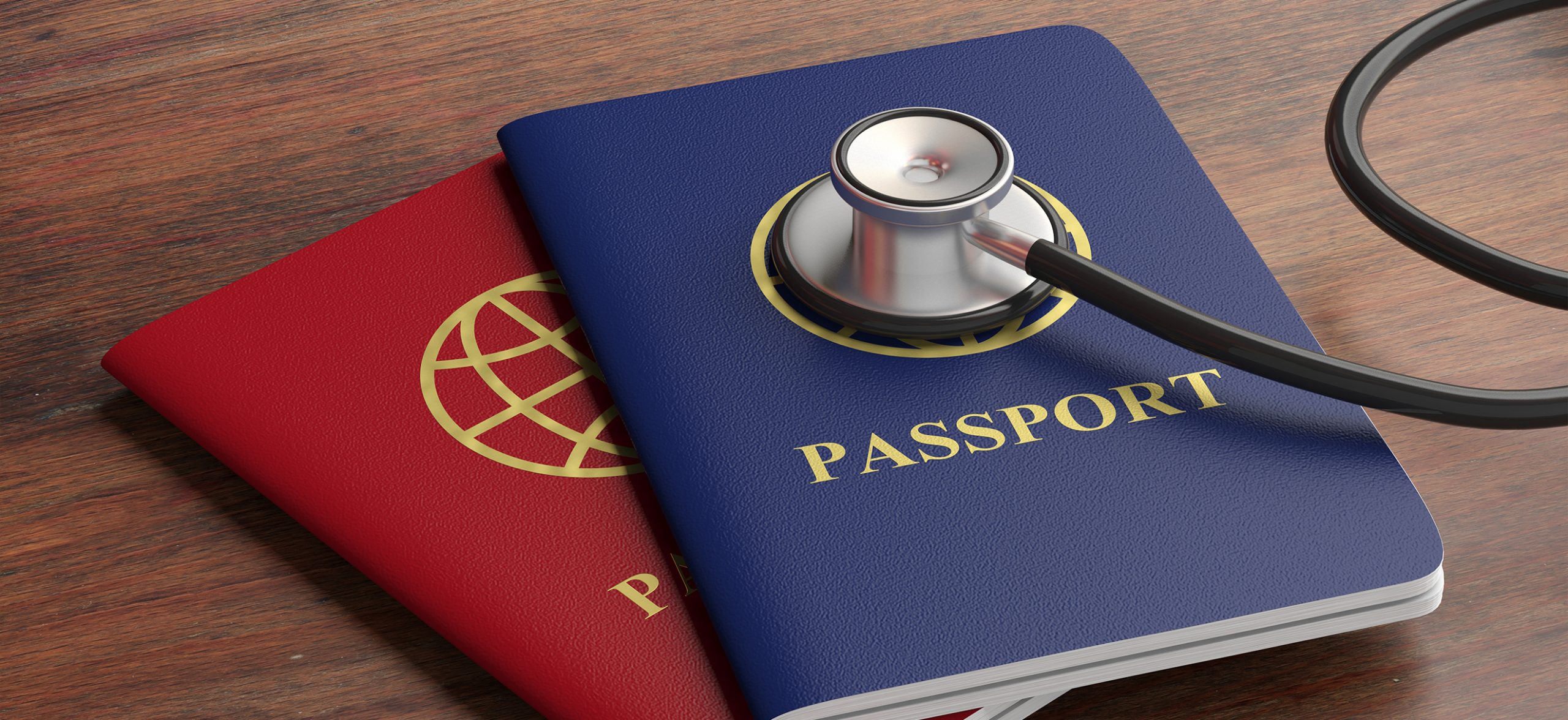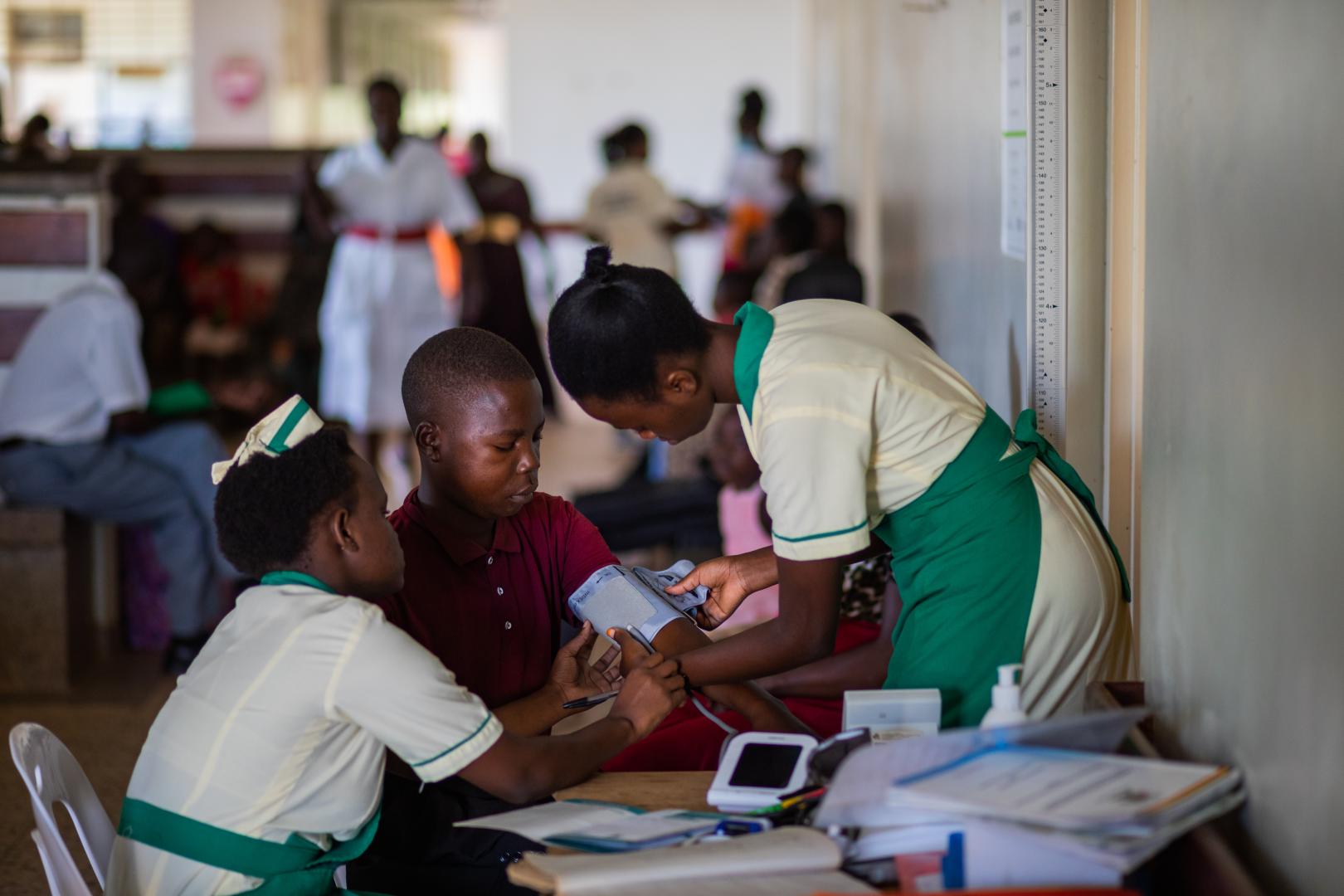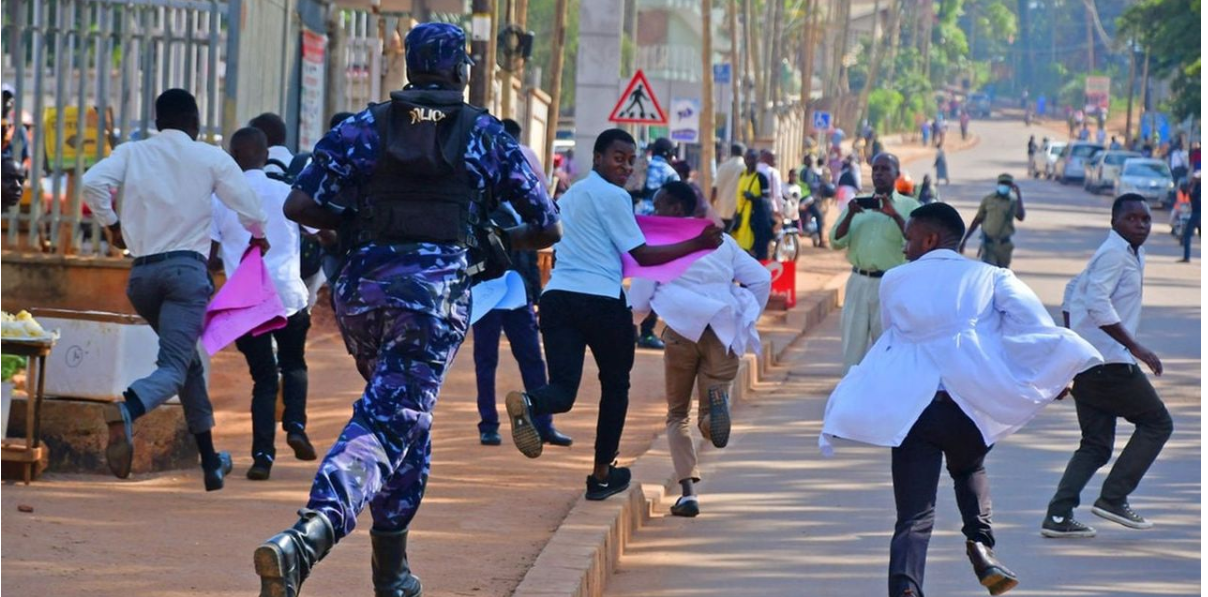To prevent future outbreaks from becoming global pandemics, an independent coalition of global leaders has called for an accountable international system that enables countries at every income level to detect, alert and respond to health threats.
Through concrete solutions, accountability measures and governance structures, The Panel for a Global Public Health Convention (GPHC) proposes a bold path forward to dramatically strengthen pandemic prevention, preparedness and response systems through a new Pandemic Treaty or Convention.
Now in the third year of the COVID-19 pandemic, as new waves continue to rip through countries, the Panel warns that alarming deficits and gaps in compliance remain unaddressed along the continuum of what an effective epidemic and pandemic response could look like.
Not only are countries no better prepared today to stop disease X, but the current international system has led to an unequal, two-tier response where one third of the world’s population remain unvaccinated, which could yet undermine all the progress made to date.
“Countries need to wake up because global health security is only as strong as its weakest link,” said Barbara M. Stocking, M.A., and Chair of GPHC. “Building a new Pandemic Treaty rooted in solidarity, transparency, accountability and equity is non-negotiable – it is in every country’s self-interest.”
The new set of recommendations call for a positively incentivized system where compliance with agreed preparedness standards, alert protocols and response efforts are overseen by an independent monitoring and assessment body, covering both data and action.
To both publicly praise and criticize countries depending on their adherence to such requirements, the Panel proposes the body sit at arm’s length to the World Health Organization (WHO). WHO should be strengthened so that its role at the center of the global health infrastructure is enhanced.
This means it would set international standards in preparedness and response and support countries in achieving targets, but would also be supported by an independent body that has the mandate to call on and call out countries based on performance of pandemic preparedness, detection and response.
“Whether we’re talking about the climate crisis, antimicrobial resistance, or the next global health security threat, we will not have an impact without compliance and full accountability,” said Lawrence O. Gostin, J.D., Professor and Founding O’Neill Chair in Global Health Law, Georgetown University.
“Currently, there are no incentives and accountability measures for countries to transparently report outbreaks and to contain them before they become pandemics. Many governments haven’t complied with the regulations we do have. More than ever, we need a binding international treaty to reform our system. We can, and must, leave a safer world for our children.”
The Panel recognizes that while agreed indicators for pandemic preparedness will vary based on a country’s current capacities and financial outlook, all targets must be ambitious and take a whole-of-government approach. All countries should be accountable to meet their targets, and an independent body should be responsible for tracking and monitoring progress or regression.
“It’s in everyone’s national interest to leave no one behind. Yet, the last two years have shown us that marginalized communities and those living in lower income regions disproportionately bear the brunt of COVID-19’s debilitating effects on people and societies,” said John Dramani Mahama, Former President of Ghana.
“We cannot ignore those who were forgotten the first time around. Thus, a new Pandemic Treaty must ensure life-saving tools and resources are available to people everywhere.” The set of recommendations emphasize that sufficient funds will be needed to support a new international architecture for pandemic preparedness and response, namely, predictable, sustainable and timely funding.
A multilateral facility would enable easy access to funds and ensure low- and middle-income countries are able to meet determined international requirements to detect, report and respond to health threats.
“It’s no good creating a new Pandemic Treaty if we don’t ensure countries can access the funds needed to comply with it.” said Angel Gurría, M.A., Former Secretary-General, OECD; Former Minister of Foreign Affairs and Minister of Finance and Public Credit, Mexico.
“From the very beginning of the pandemic through to today, funding for the global response has been slow, unreliable and insufficient. We expect things to get better, but how can we hope for better results if we’re not willing to pay for them?” Key to an effective Pandemic Treaty will be measures that secure mutual assurance along the timeline of events.

